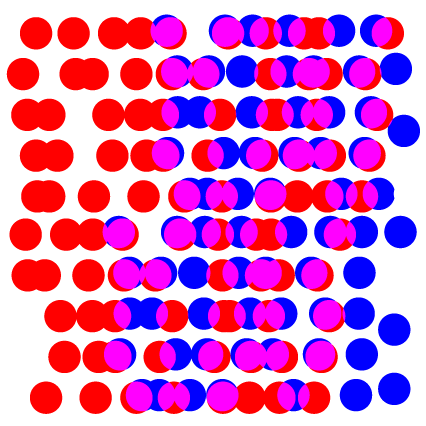
This paper intervenes in the discussion about the relationship between discourse analysis and critique. It argues that this relationship can be understood either as an external or as an integrated relationship. In an external relationship, there is first social criticism that is then braced by discourse analysis, that is, the latter aims at giving empirical credence to the critique. However, such an external relationship cannot give us any insight concerning the critical potential that is specific to discourse analysis, precisely because in this case critique exists before and independent of discourse analysis. If, however, critique emanates from discourse analysis itself, we would speak of an integrated relationship and would no longer speak of discourse analysis and critique, but of discourse analysis as critique. It is argued that such an integrated relationship becomes visible once we think of discourse analysis as being itself a discursive formation and ask what unsettling effects this formation has on research objects, on subject formations and on the academic production context in which they are conducted.
Palgrave Communications 3(17074).